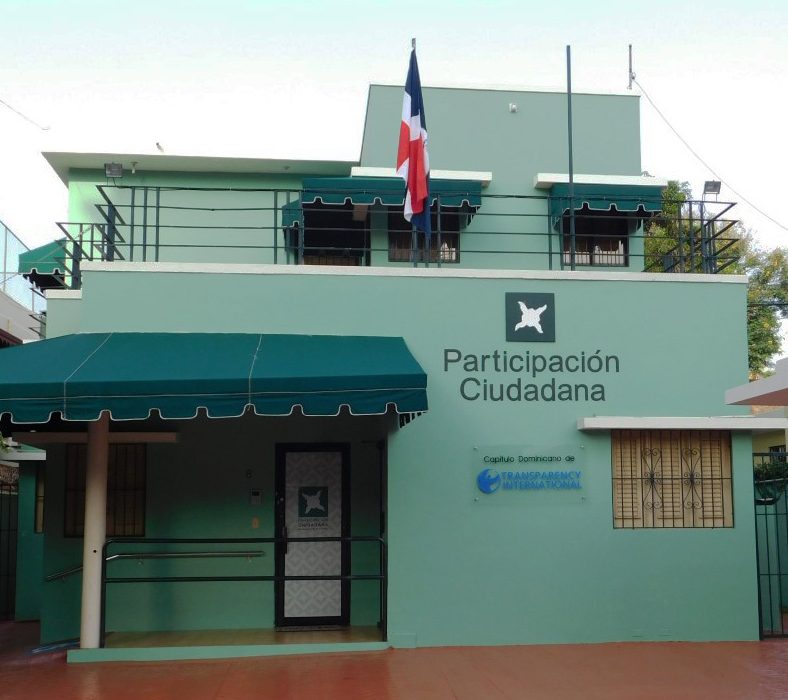
There is concern regarding would-be wasteful spending in advertising by the Abinader administration. Participacion Ciudadana reports that the Abinader administration dramatically ramped up its advertising spending in 2024, an election year, increasing it six-fold compared to the previous year. There has only been a slight reduction in 2025, keeping the propaganda levels still higher than the already increased 2023.
This surge, highlighted by a new report from Participación Ciudadana, the Dominican chapter of Transparency International, has ignited concerns about the use of public funds as thinly veiled political patronage.
Participación Ciudadana’s analysis reveals that government advertising spending reached historic figures, jumping from RD$491 million in the first four months of 2023 to a staggering RD$3.12 billion in the same period of 2024. While the figure saw a decrease to RD$2.44 billion in the first quarter of 2025, it still far exceeds the 2023 expenditure.
This substantial increase raises eyebrows, particularly given that politicians from the ruling Modern Revolutionary Party (PRM), including President Abinader, were vocal critics of the “propaganda” spending by previous Dominican Liberation Party (PLD) governments. Now, it appears the PRM is engaging in similar, if not even more extensive, practices.
Among the institutions with the largest relative and absolute increases in advertising spending are the Chamber of Deputies, the Ministry of Tourism, the Ministry of Industry, Commerce and MSMEs, Supérate, and Indotel. The Central Bank and Banco de Reservas are also mega advertisers.
Participación Ciudadana points out that the criteria for contracting, distribution across media, and the objectives of these campaigns remain unknown.
Participacion Ciudadana points to an absence of public traceability for beneficiaries of these multi-million-peso contracts making the contracting a direct violation of fundamental accountability principles enshrined in Public Procurement Law No. 340-06. This opacity makes it impossible to ascertain if public money is being used effectively or if it is fueling clientelistic structures for covert electoral purposes.
In response to national demands for greater oversight, President Abinader had issued Decree 1-24 in January 2024. This decree stipulates that official advertising must align with legitimate institutional objectives, such as informing citizens about their rights and duties, available public services, and accountability. Crucially, the decree explicitly prohibits the use of official advertising for propaganda, political, or electoral purposes, or as a hidden subsidy to communicators, media outlets, or influencers.
Furthermore, the Manual of Exception Procedures of the Public Procurement Agency demands numerous conditions, including a justification for media selection. Participación Ciudadana argues that the observed lack of compliance with these provisions undermines the current legal framework and erodes the credibility of public resource utilization.
Given these findings, Participación Ciudadana has formally requested the following information from the Government Strategy and Communication Agency (DIECOM):
•Absolute transparency: Immediate publication of all official advertising contracts for the first four-month periods of 2023, 2024, and 2025.
•Comprehensive details: Full disclosure of contracted amounts, benefiting media outlets, institutional objectives, and technical selection criteria.
•Justification: A clear justification for each contract, in accordance with Decree 1-24 and the Manual of Exception Procedures.
Recognizing the traditional surge in government advertising spending in electoral years and its potential negative impact on democracy, Participación Ciudadana has proposed several actions:
•Urgent and independent audit: An immediate audit of state advertising spending during the first four-month periods of 2023, 2024, and 2025.
•Strict enforcement: Rigorous application of Decree 1-24 and the Public Procurement Procedures Manual, including sanctions for non-compliance.
•Citizen monitoring system: Establishment of a permanent citizen monitoring system to ensure the ethical use of these resources.
•Binding regulations: Implementation of binding regulations that strictly limit advertising spending in election years.
The publication of the analysis from Participacion Ciudadana comes at a time when several leading government officials have announced their intention to run for office in 2028. The electoral rules say that campaigning is openly opens in July 2027.
Among the government officials mentioned as unofficial pre-candidates are Vice President Raquel Peña, National District Mayor Carolina Mejía, Tourism Minister David Collado, Minister of Industry & Commerce Victor Bisono, Customs Agency director Eduardo (Yayo) Sanz Lovaton, secretary general of the Dominican Municipal League Víctor D’Aza, director of the Dominican Telecommunications Institute (Indotel), Guido Gomez Mazara, the director of the National Potanle Waters Institute (Inapa), Wellington Arnaud; Tony Peña Guaba, director of the Social Policies Cabinet, among others.
Read more in Spanish:
Participacion Ciudadana
N Digital
2 July 2025

